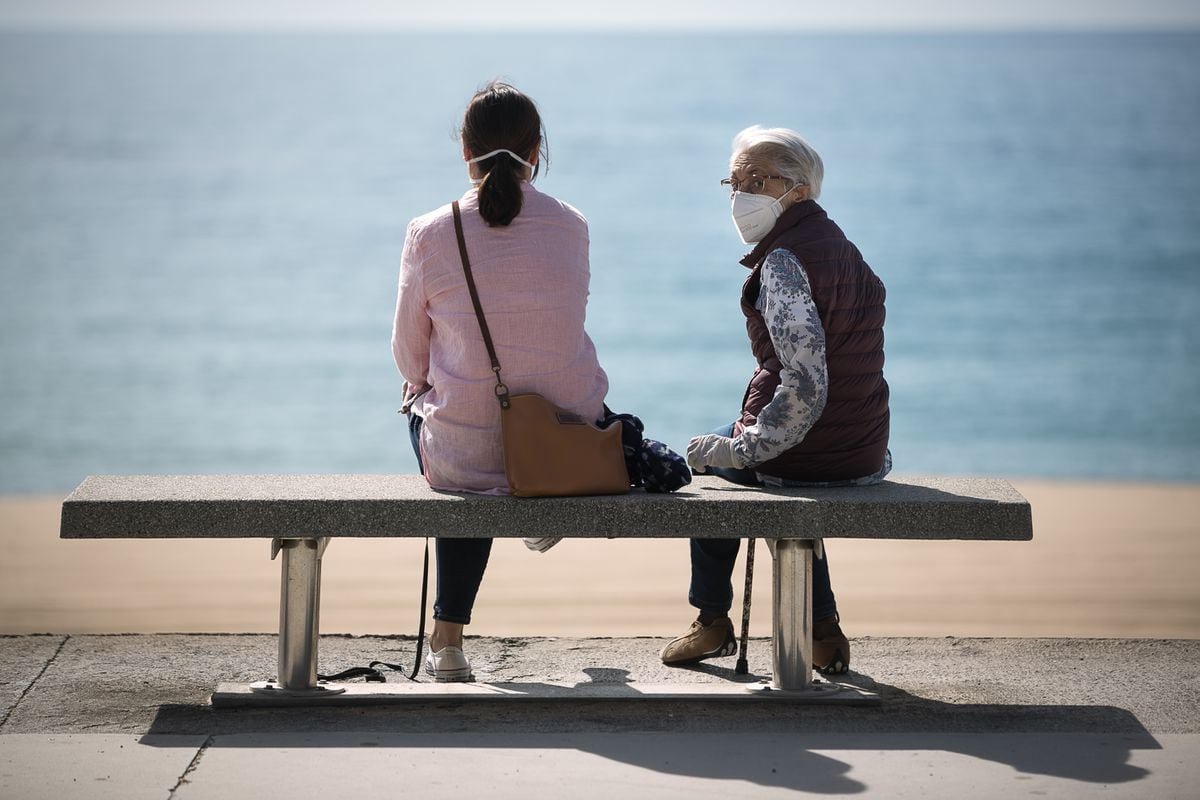One of the paradoxes of our time is that more and more people feel alone and isolated despite the fact that they live surrounded by people and have more facilities than ever before to communicate with others. Selected loneliness is not the same as unwanted loneliness: social isolation produces pain that affects quality of life and health, especially in the elderly. It’s called a silent epidemic because it usually lives in the privacy of the home, but many studies have shown that it is an important risk factor for disease and early death. The risk is comparable to a sedentary lifestyle, smoking or obesity, according to a report published by WHO in 2021 that includes available scientific evidence.
Changes in family structure, a greater capacity for personal autonomy and the evolution of urban life led to an increase in single-person households. The WHO study predicts that in Europe unwanted loneliness affects 25% of elderly people, but the trend is global. A review of 25 studies in China found a major increase in perceptions of loneliness between 1995 and 2011, coinciding with mass rural-urban migration and increasing rates of urbanization, divorce, unemployment, and social inequality.
In Spain, according to INE data published in 2021, there are 4.8 million people living alone, of which 43.6% are over 65 years old. But the most significant data is that the number of people over 65 years living alone increased by 6.1% compared to 2019, while those aged under that decreased by 0.9%. This suggests that the most influential factor is age and, in most cases, loneliness is not the result of a choice.
We live longer and many years are gained with a better quality of life. This is a great social accomplishment, but the extended longevity makes loneliness especially painful since three crises of aging present themselves: identity, in which the person feels that they are no longer who they used to be; autonomy, when he loses physical and mental capacities, and a sense of belonging, when his peers die and he stops having social connections. People who feel lonely have less desire to take care of themselves, they eat worse, their body’s defenses decrease and they get sick more easily. Given its impact on the health status of the aging population, loneliness must be tackled as a public health problem, and that’s how the UK understood it when in 2018 it decided to set up a ministry of loneliness, or Japan, which launched it in 2021. There are examples of effective social interventions, such as Finland, who in 2010 launched an ambitious program, the Pitkälä project, which has been successful in improving health and reducing the mortality rate of the elderly and most vulnerable to loneliness.
In Spain, the administration most ready to intervene is the municipality, through social and health services. Some cities already have. This is the case for the Barcelona City Council, with its Radars and Vincles programme. However, a broader framework is needed, such as the national strategy against forced isolation prepared by Imserso. That is a legislative promise that should not be delayed.

“Internet trailblazer. Troublemaker. Passionate alcohol lover. Beer advocate. Zombie ninja.”







